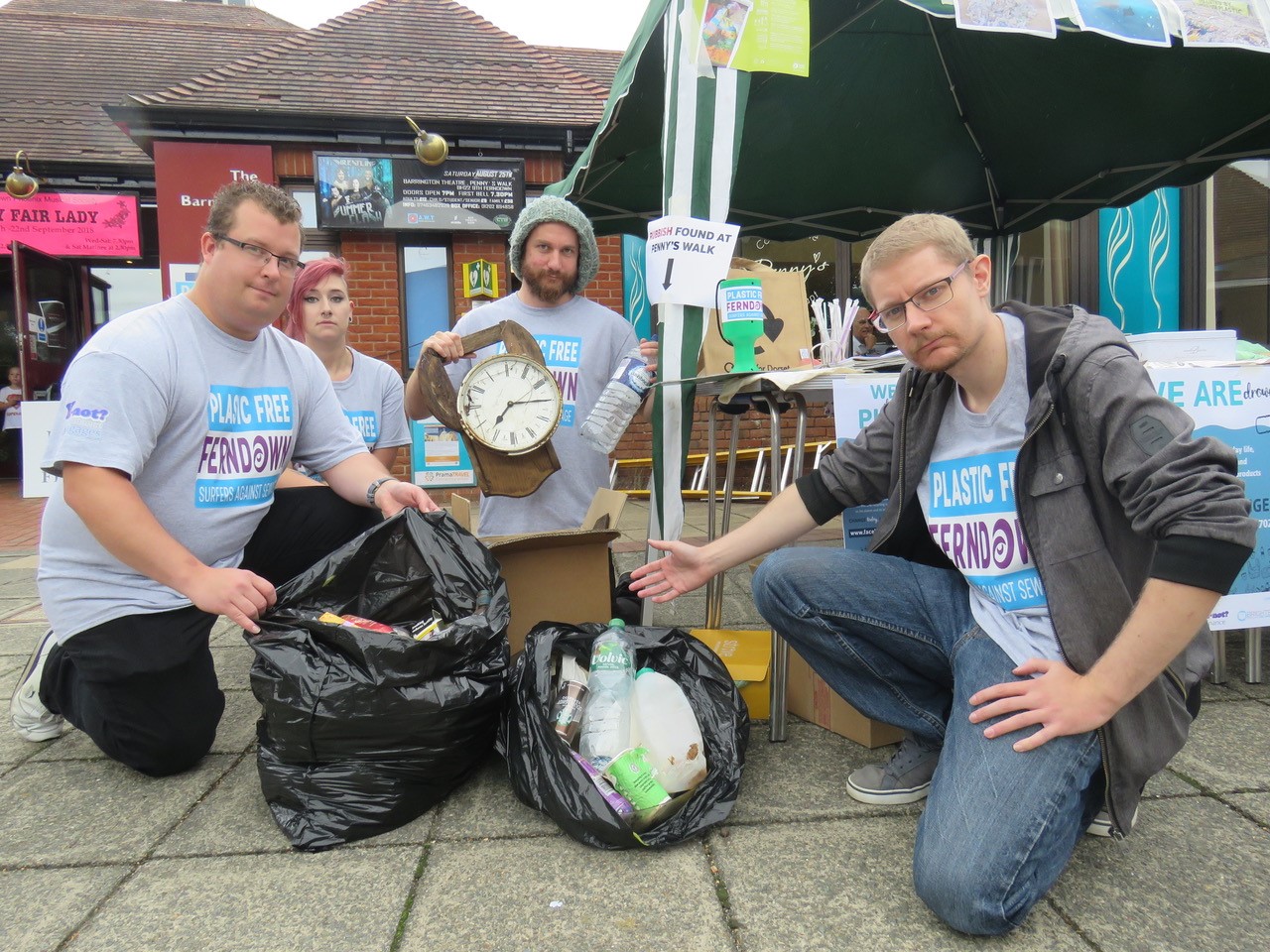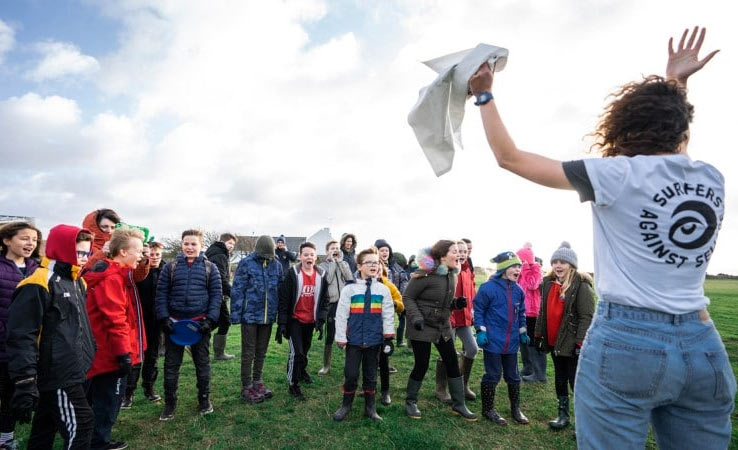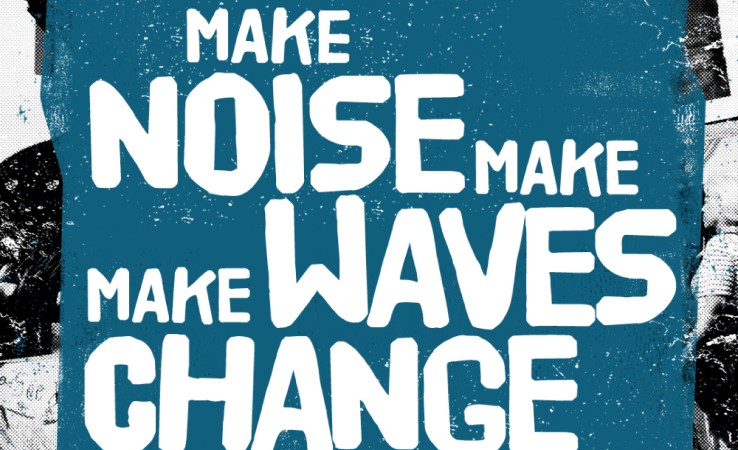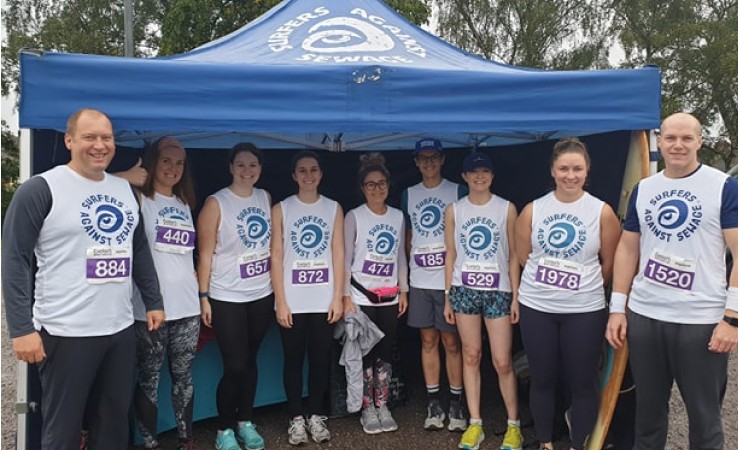The Problem
Get involved as a leader, business or individual
What is the problem?
12 million tonnes of plastic are pouring into the ocean every year. Plastic has been found in the deepest parts of the ocean, as far away as the Antarctic and across UKs beaches.
This plastic pollution is choking the ocean. Birds, whales and turtles are killed when they mistake plastics for food or when they get tangled in packaging and ghost fishing gear.
Plastic pollution can carry toxic chemicals, pathogens and invasive species to isolated and pristine marine habitats, damaging some of the most vulnerable wildlife.
Microplastics
Microplastics are tiny plastic particles that are smaller than five millimetres. These can be fragments of larger plastics that have been broken up by the waves over time or can be plastic ‘nurdles’ which are used to make bigger plastic items. There are also microfibres which are shed from our clothes and even our car tyres.
These mini plastics are now entering into the ocean food chain and a recent study even found microplastics in humans with as yet unknown effects on human health.
Climate Change
Plastic pollution is also linked to the climate crisis. 90% of plastics are produced from new oil and gas and the production of one tonne of plastic generates up to 2.5 tonnes of carbon dioxide.
Anyone and everyone can get involved to be the resistance our oceans need. It doesn’t matter who you are, how old you are or whether you live by the coast or not. There are contributions you can make that will make a difference. Everyone has a role to play! Click or roll over the items to reveal why we need to free where we live from single-use 38.5 million plastic bottles are bought every day in the UK. Around half end up in landfill, being burnt or in the environment. In the UK, we use 7 million disposable coffee cups every day. Brits buy 11 billion takeaway food containters every year Food and drink plastic packagaing makes ups 83% of the UK's waste. 400 million carrier bags are still used in the UK. Bathroom plastics like wet wipes and period products are found on 72% of UK beaches For every million reuseable cups used, we could prevent a thousand tonnes of carbon emissions. 855 billion single use sachets are used across the globe, 8 out of 10 Brits want them banned Balloons are the highest risk plastic item for seabirds. They can be eaten by or entangle all marine life, causing choking, starvation or strangulation.The offenders

1. Plastic Bottles

2. Disposable Coffee Cups

3. On the go / Takeaway food

4. Food & Drink Packaging

5. Carrier Bags

6. Bathroom Plastics

7. Plastic Cups

8. Condiment sachets

9. Balloons
Other ways to support
Plastic Free Schools
We urgently need your help to fight plastic pollution, protect the ocean
and save wildlife.
Join Surfers Against Sewage
The more members we have, the louder our voice becomes and the more attention we can demand from government and industry.
Fundraise for us
When you sign up to a challenge event or host an event in aid of SAS, not only will YOU be saving our oceans, but you also get to have lots of fun while doing it!



